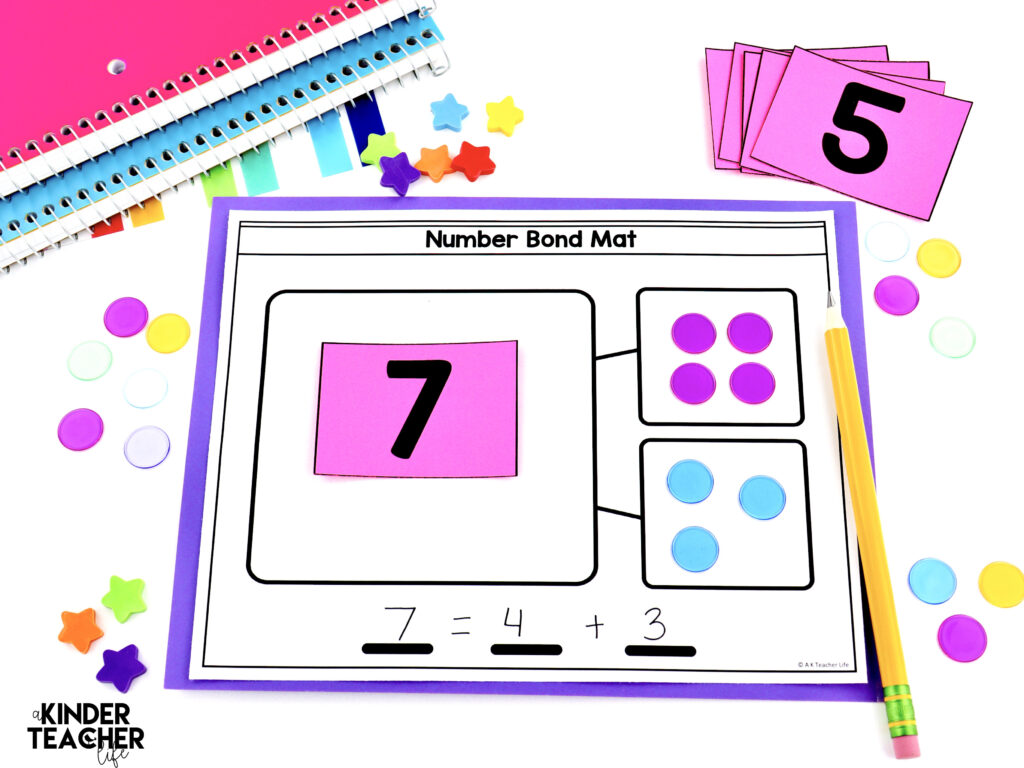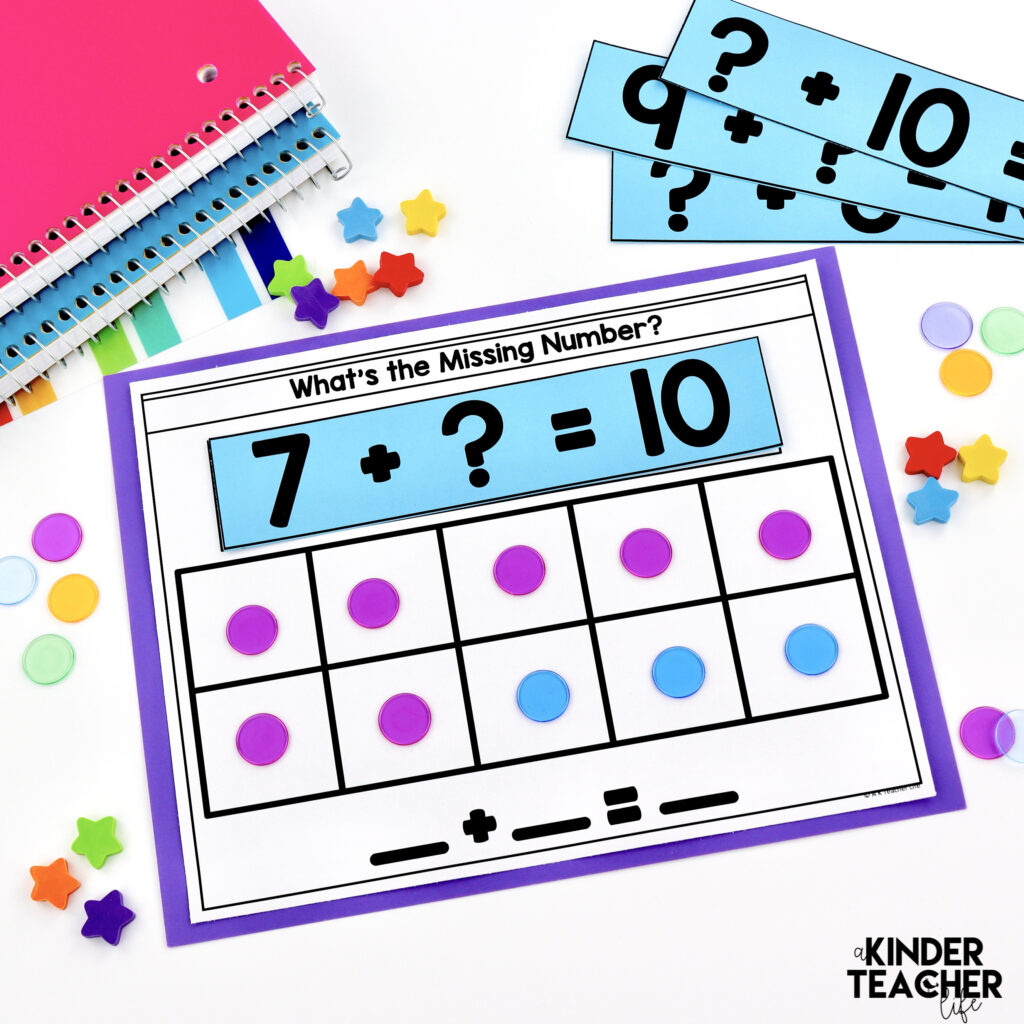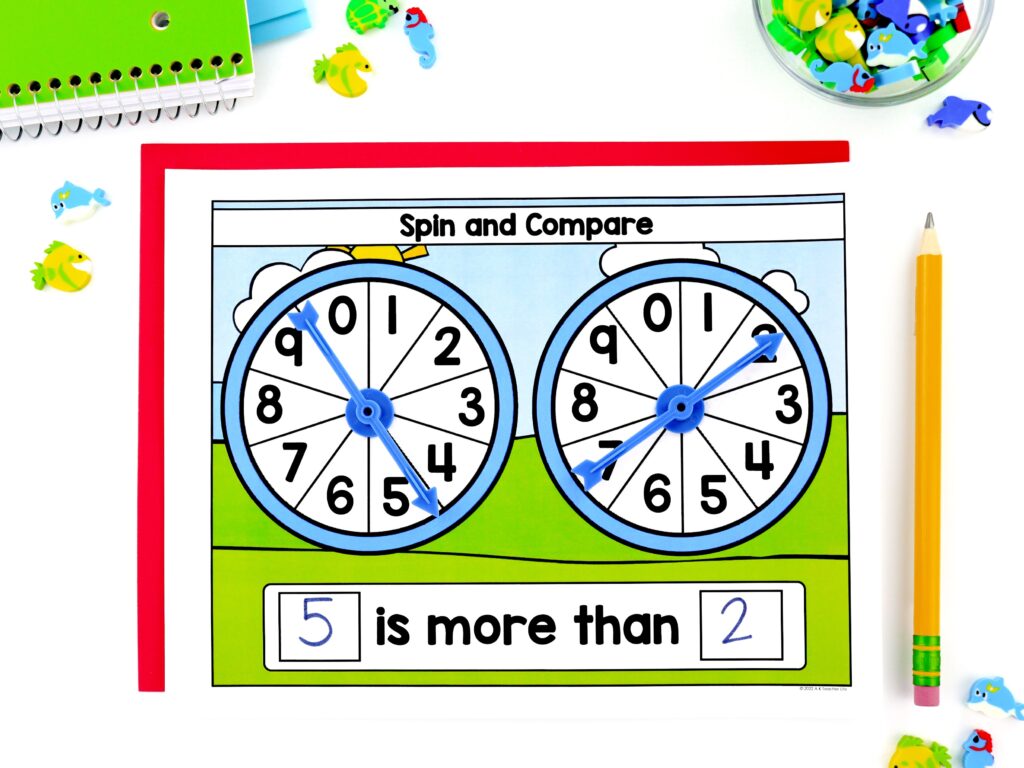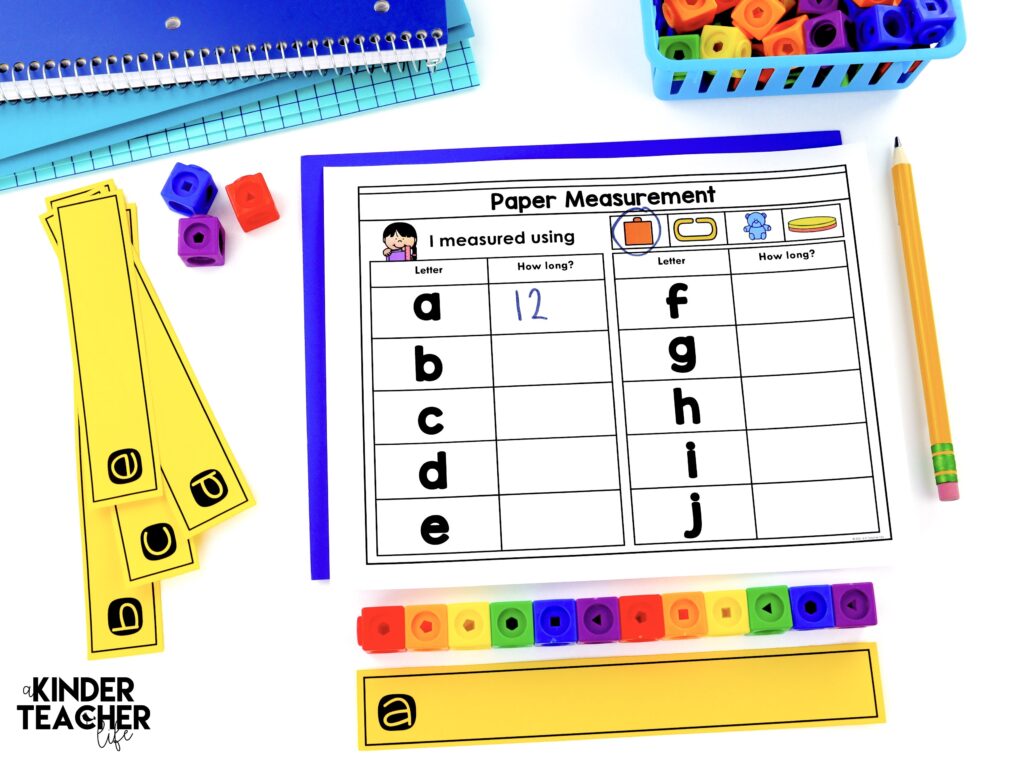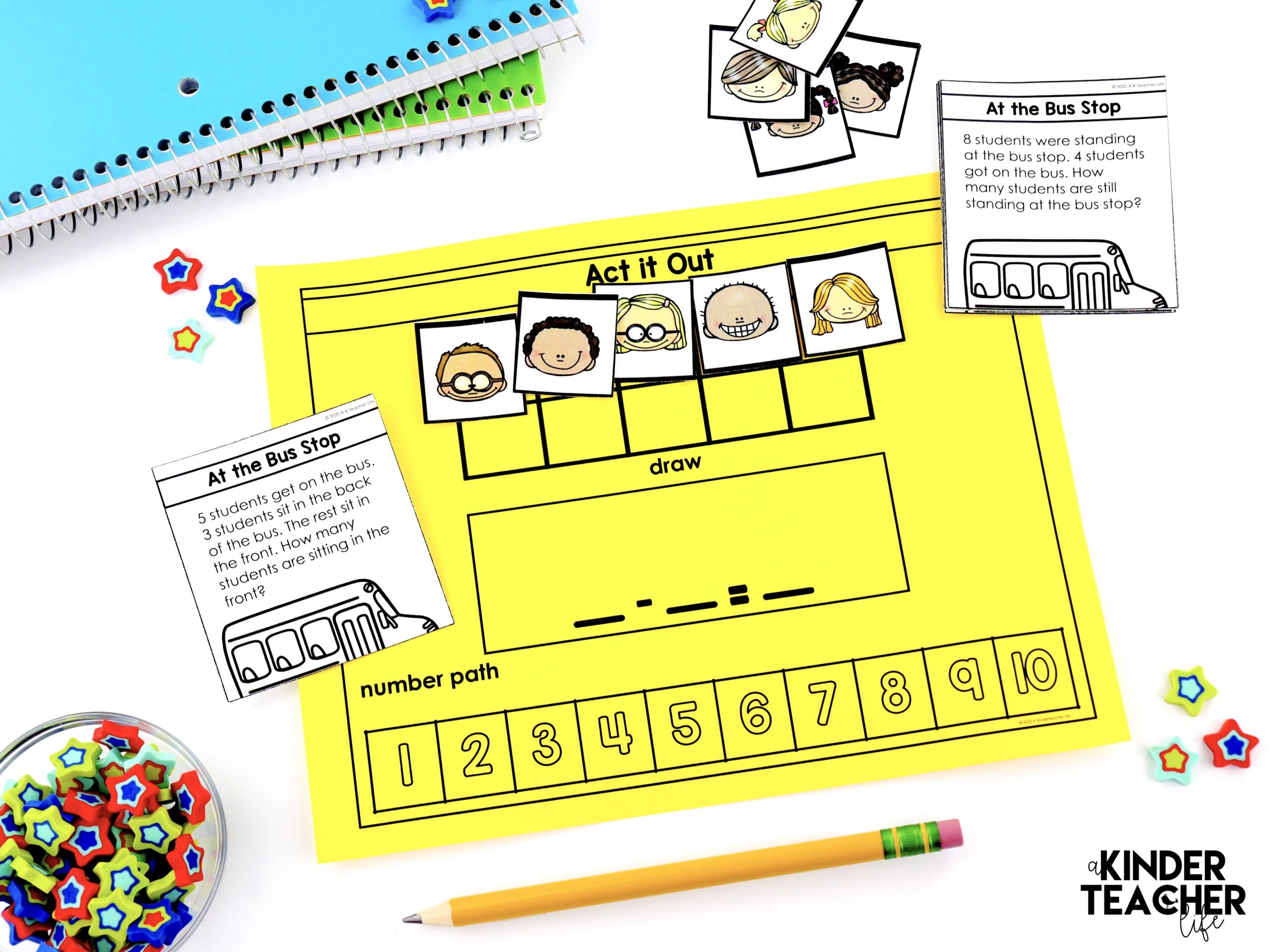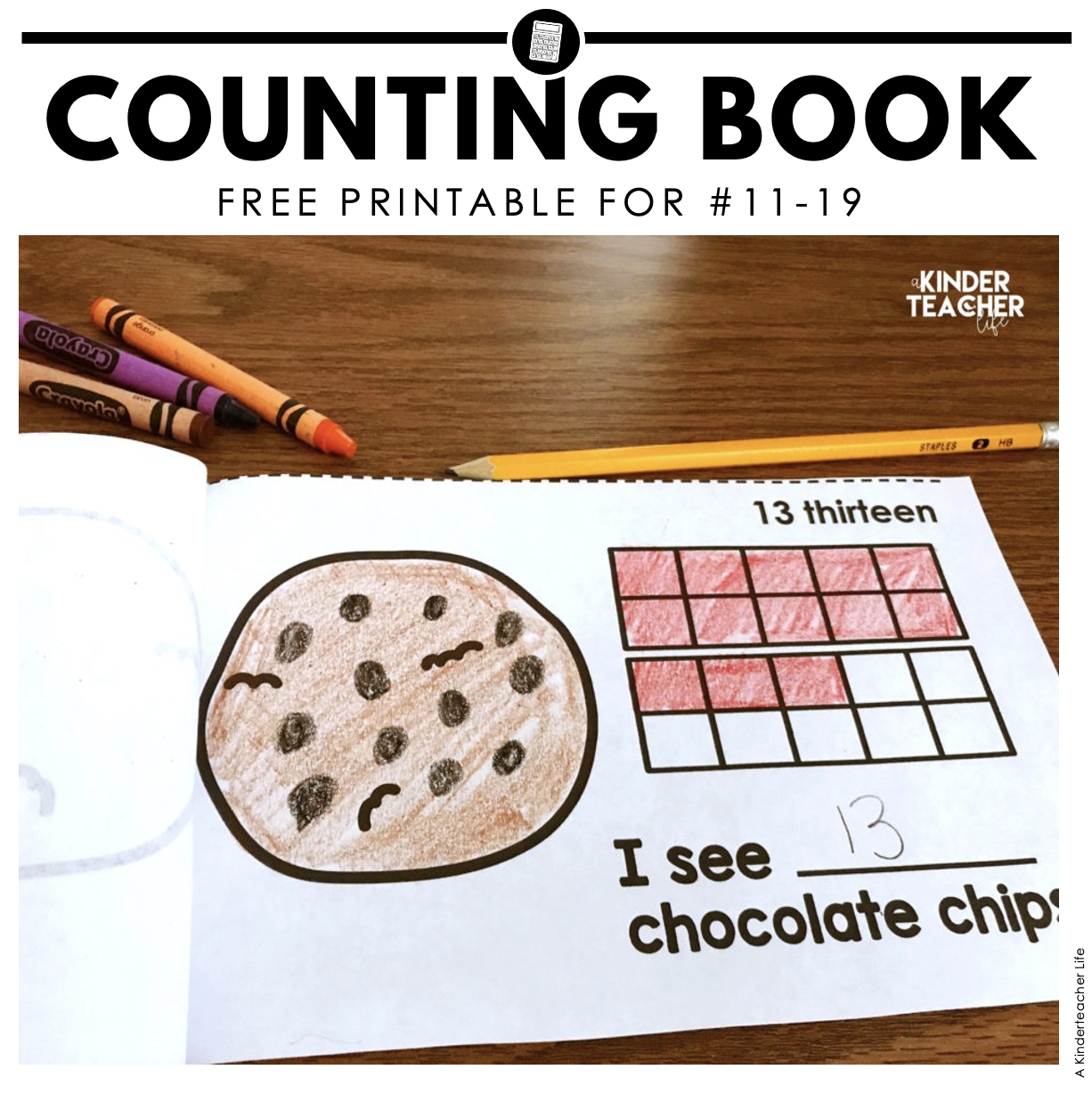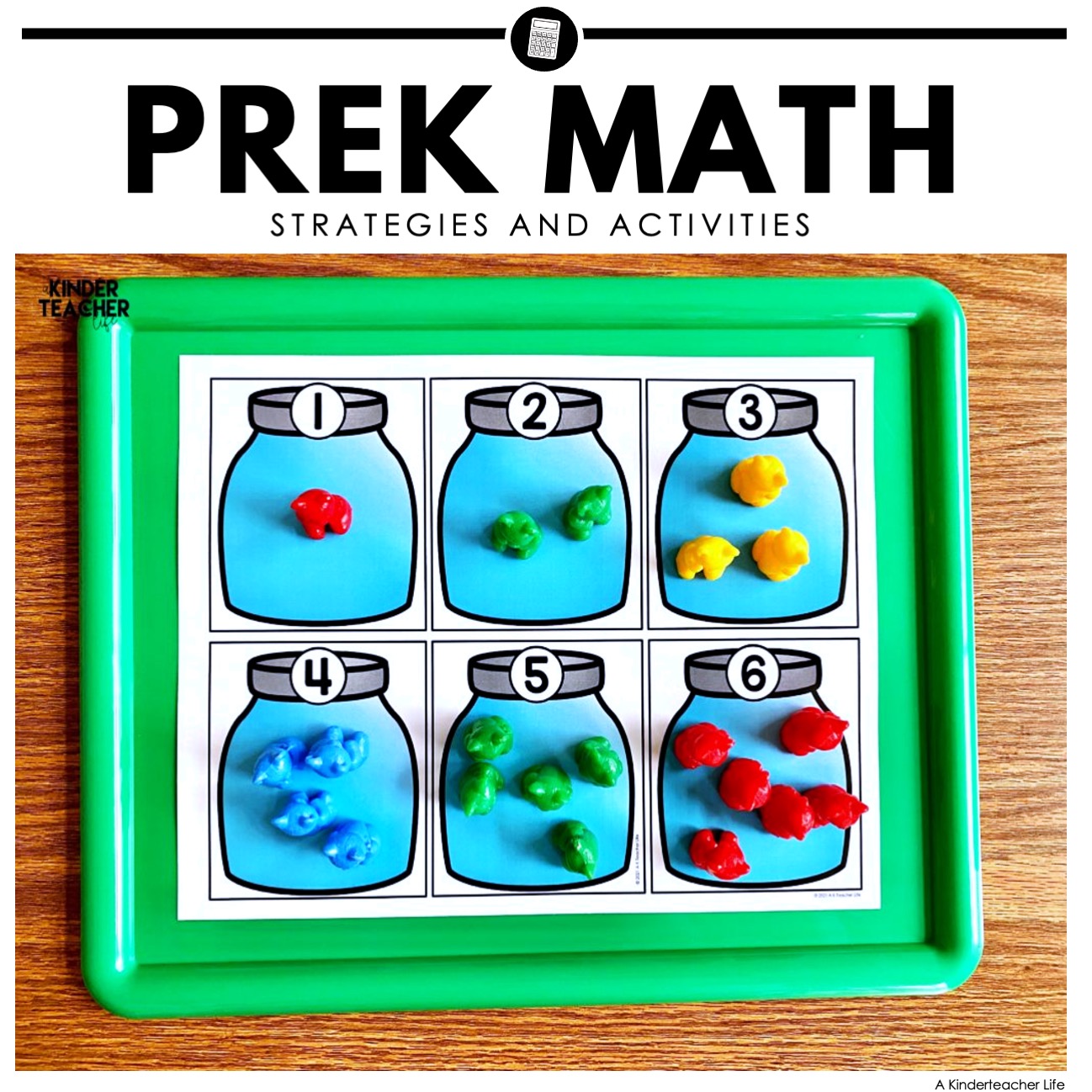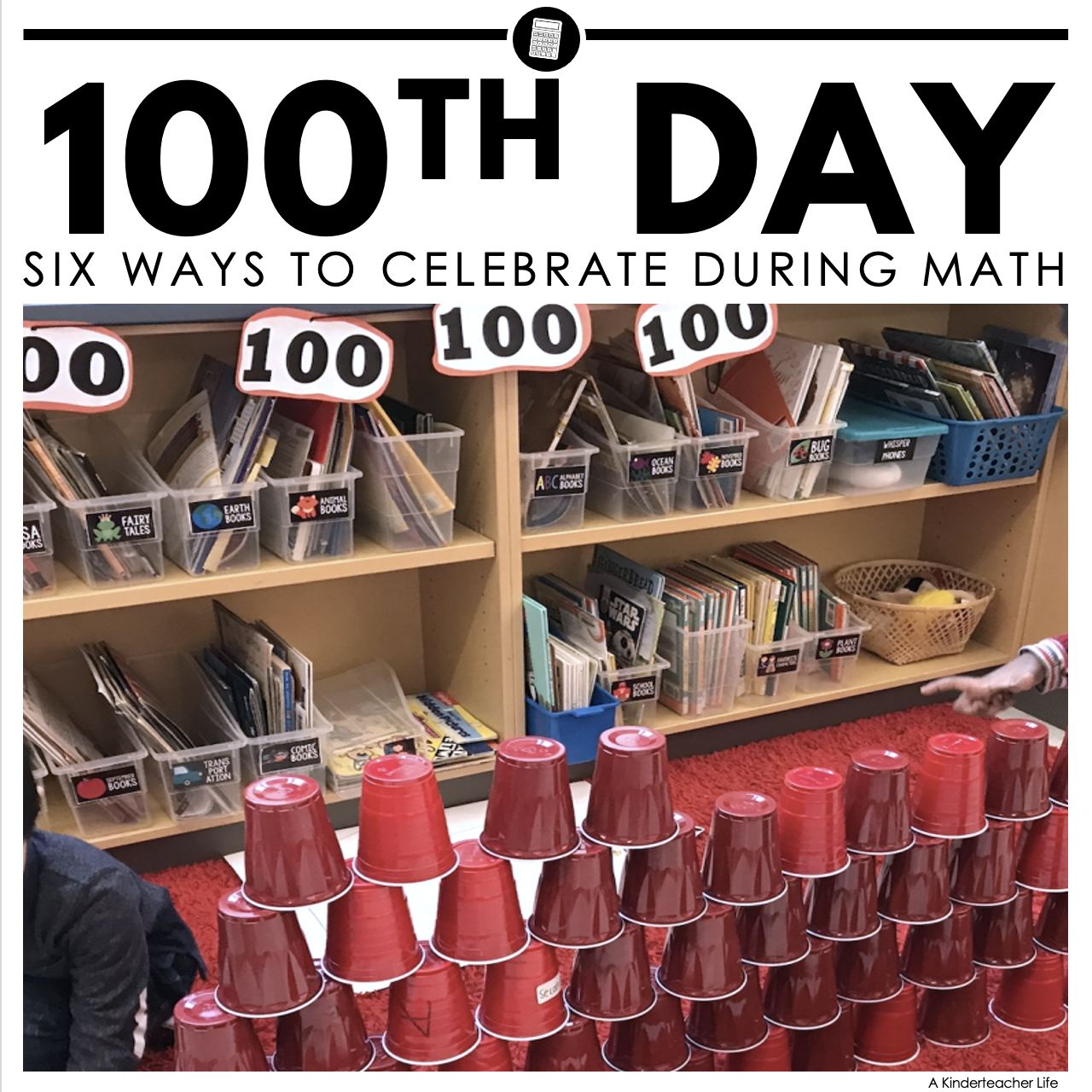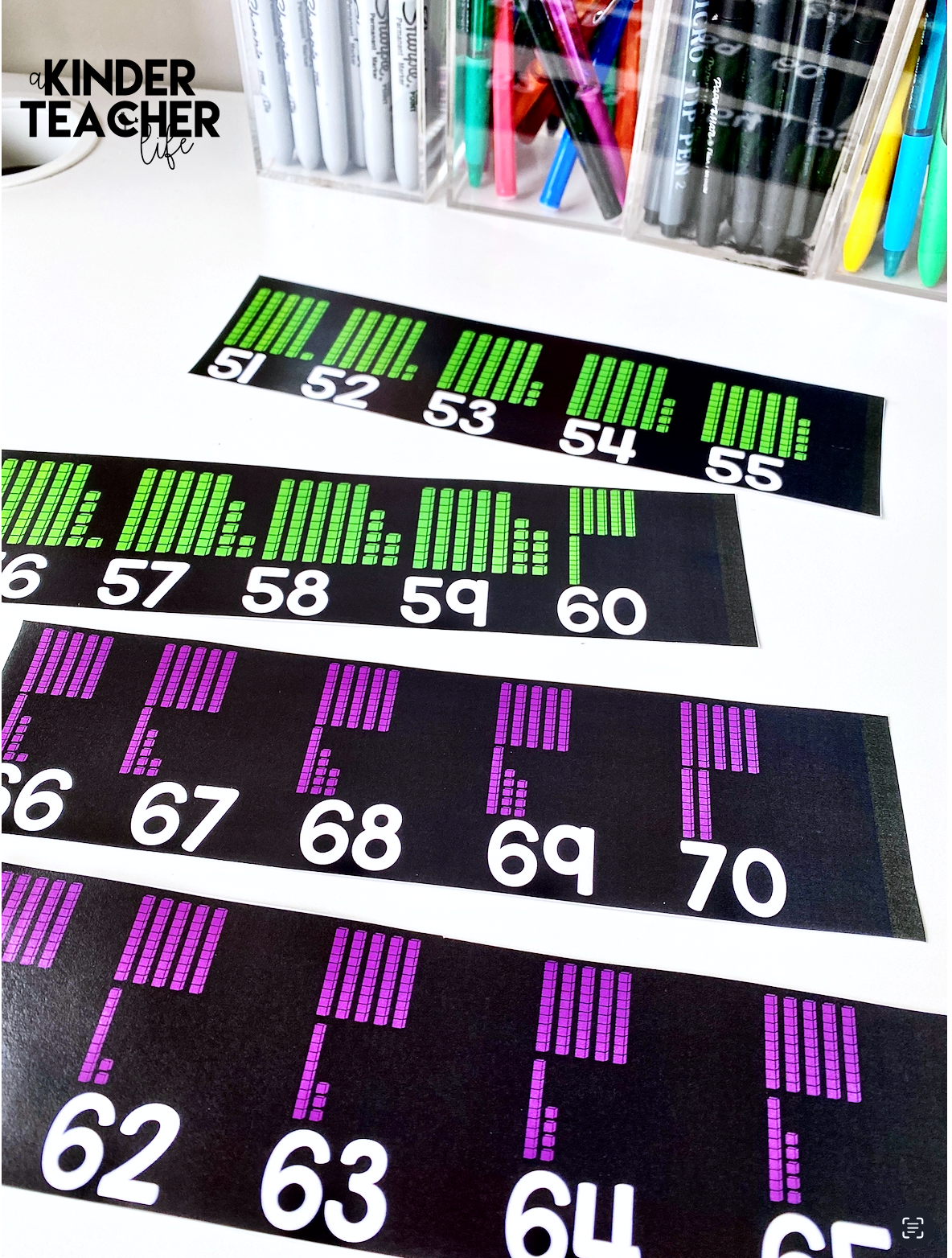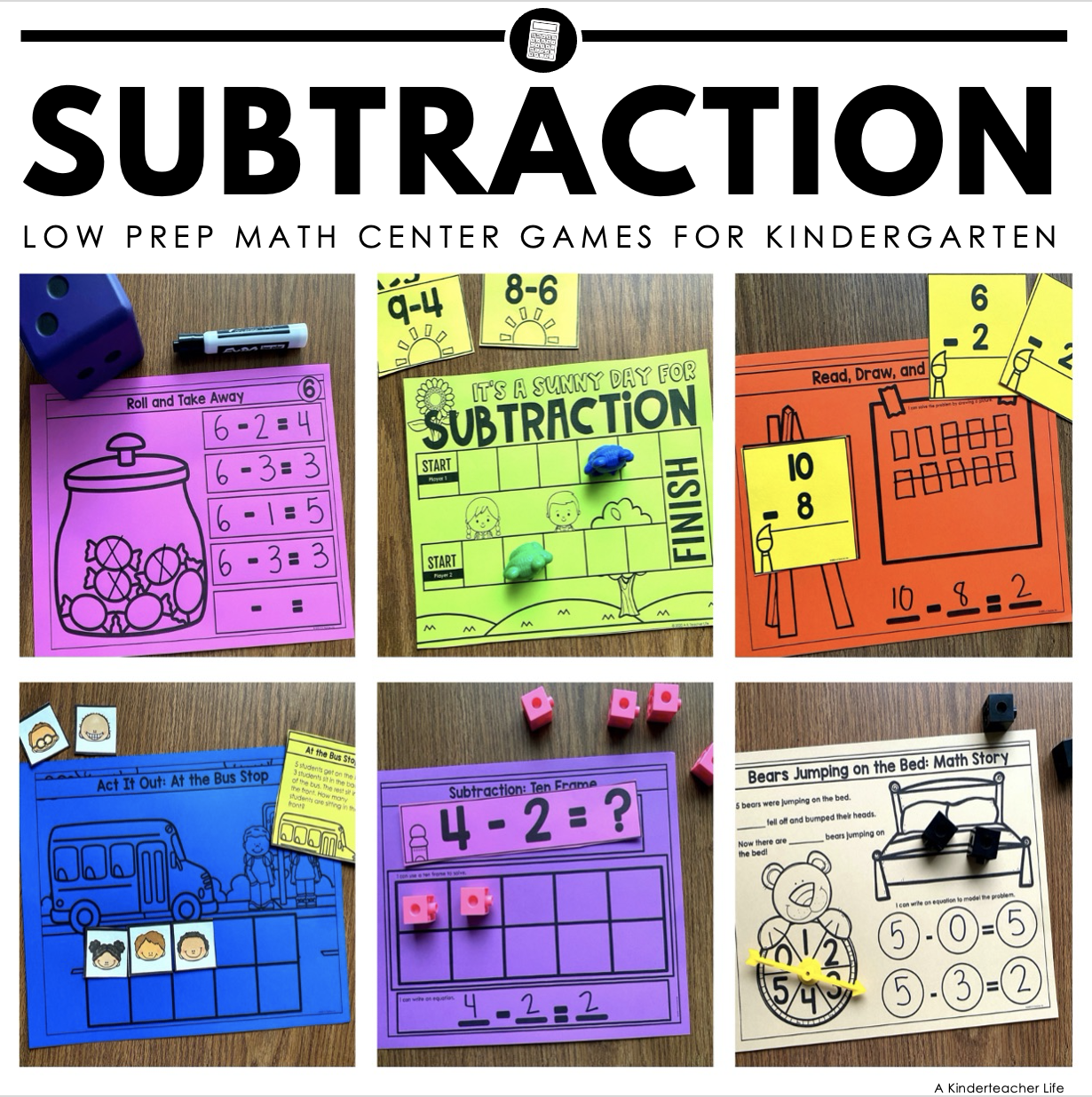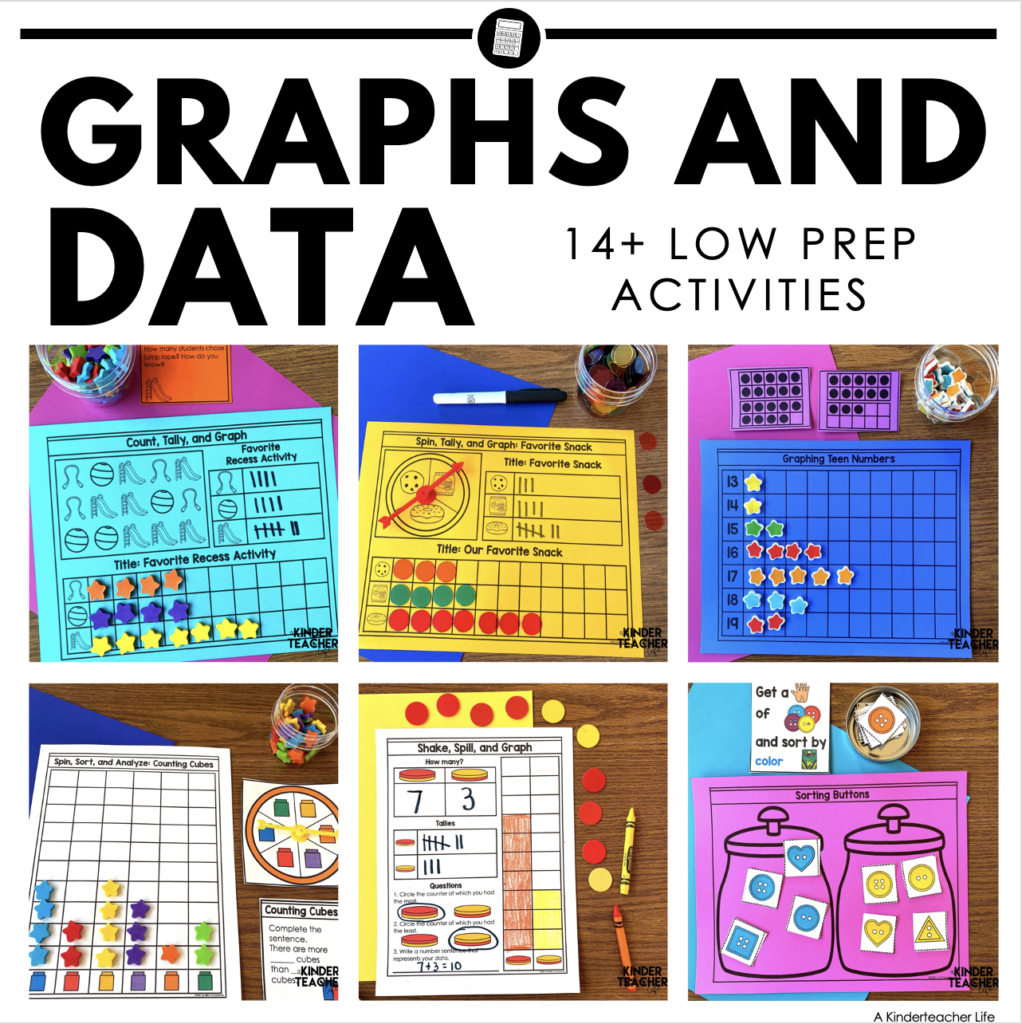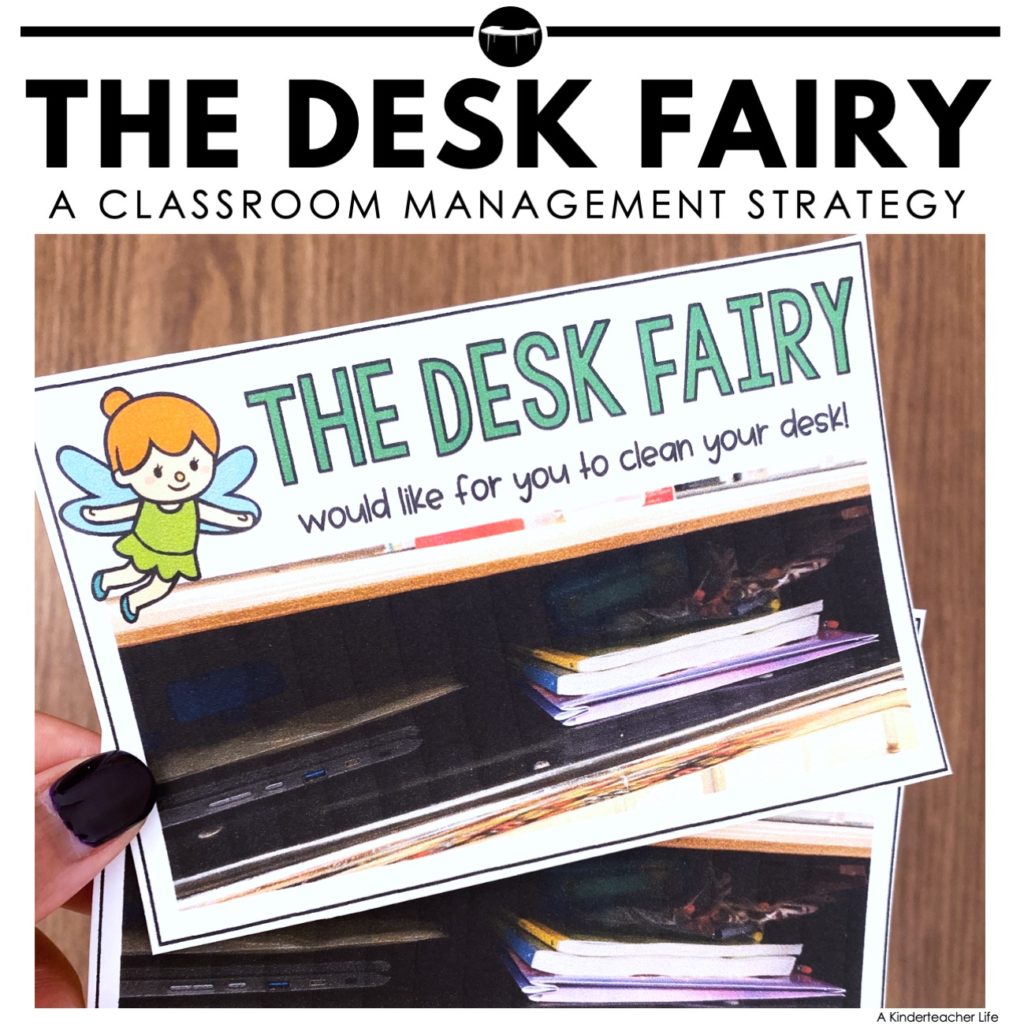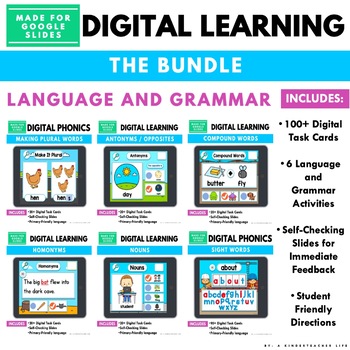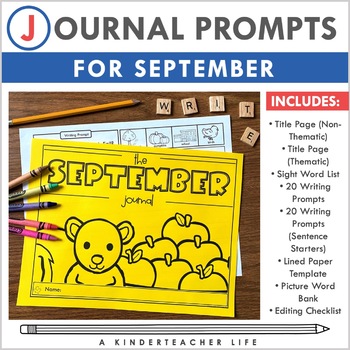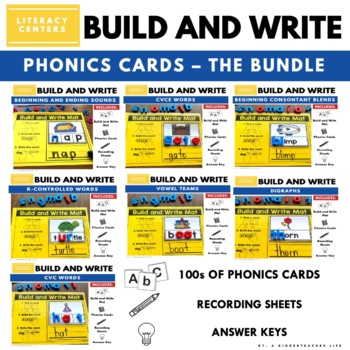How To Tailor Your Math Centers for Emerging Multilingual Learners
I will share insights on differentiating math centers for Emerging Multilingual Learners (EMLs) and English Language Learners. These strategies will help you create an inclusive and supportive environment where every student can thrive. Let’s dive in!
1. Know Your Students
Get to know your Emerging Multilingual Learners (EMLs) language proficiency levels, strengths, and areas for growth. This understanding will guide your differentiation efforts and help you differentiate your math groups.
2. Visual Aids
Incorporate visual aids like charts, diagrams, and manipulatives. Visuals can help transcend language barriers and clearly understand math concepts.
One visual aid that you could use is a number bond. A number bond shows how you could decompose and compose a number.
Another visual aid is a ten frame. A ten frame will help students keep track of their count and lay the groundwork for place value by emphasizing making a ten.
3. Scaffolded Instructions
Break down instructions into manageable steps. Use gestures, pictures, and diagrams to model how to complete tasks before expecting students to work independently.
4. Vocabulary Support
Pre-teach essential math vocabulary before starting centers to help EML students grasp concepts more quickly and participate confidently. You can provide them with vocabulary cards and sentence stems to help them explain their thinking.
5. Partner Work
Pair EML students with proficient English speakers during centers. This peer support encourages language development and boosts confidence. Everyone has something to offer, and proficient English speakers can learn from EML students, too!
There are a ton of fun, low-prep math games to choose from. For example, paper measurement is an interactive partner activity. Students compare the lengths of paper by measuring with cubes. They then compare which lines are longer and shorter.
6. Flexible Grouping
As students learn new things, what they know will grow and change. Flexible grouping allows you to switch groups based on their strengths and needs. Students shouldn’t be in different groups all year! This way, you can provide targeted instruction and support where needed.
8. Use a Variety of Assessments
Allow EML students to demonstrate understanding through alternative methods, such as drawing, labeling, or acting out math concepts. Don’t solely rely on standardized test scores to decide class grouping or proficiency.
Formative assessments and exit tickets offer a better view of what your students can do more frequently.
9. Culturally Relevant Tasks
Integrate tasks that reflect EML students’ cultures and experiences. This creates a meaningful connection to the content and enhances engagement. Use word problems with their names and items that they are familiar with.
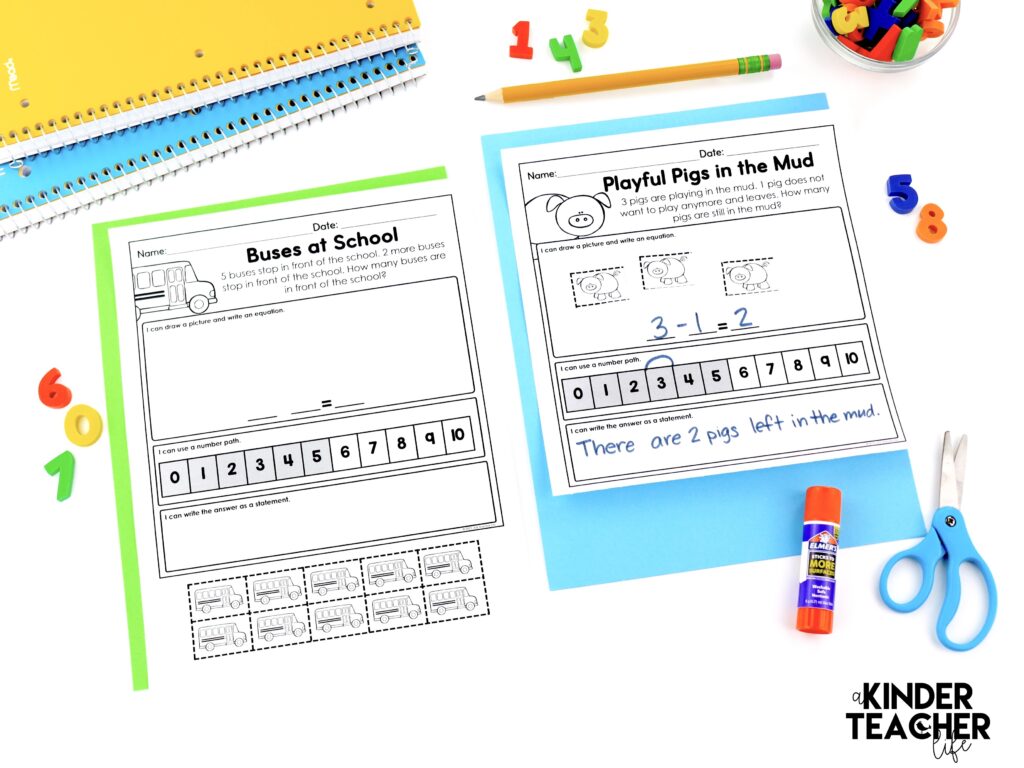
10. Encourage Expression
Foster an environment where EML students feel comfortable expressing their ideas, even if their English is limited. Every attempt is a step toward growth. Call on them to share their thoughts! Please don’t skip over them out of fear that they don’t know the answer.
Remember, differentiation is about meeting students where they are and guiding them forward. With these strategies, you’ll create an inclusive and empowering math center experience for your English Multilingual Learners.
Do you need inclusive math centers?
Check out my Kindergarten and First Grade Math Center Bundles. They are 1000+ pages of hands-on math activities, printable, and digital learning. These activities will help your students master the essential math skills to be great mathematicians.
Kindergarten Math Centers
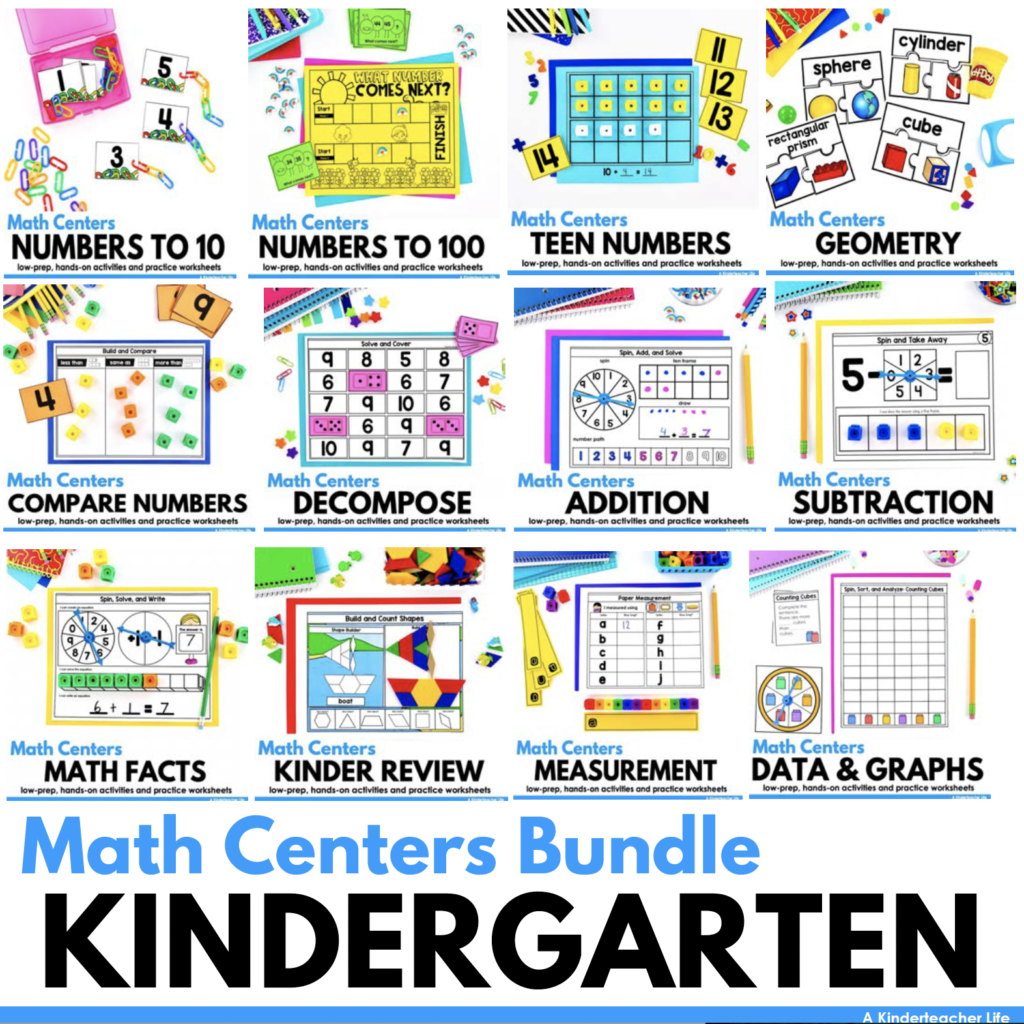
First Grade Math Bundle
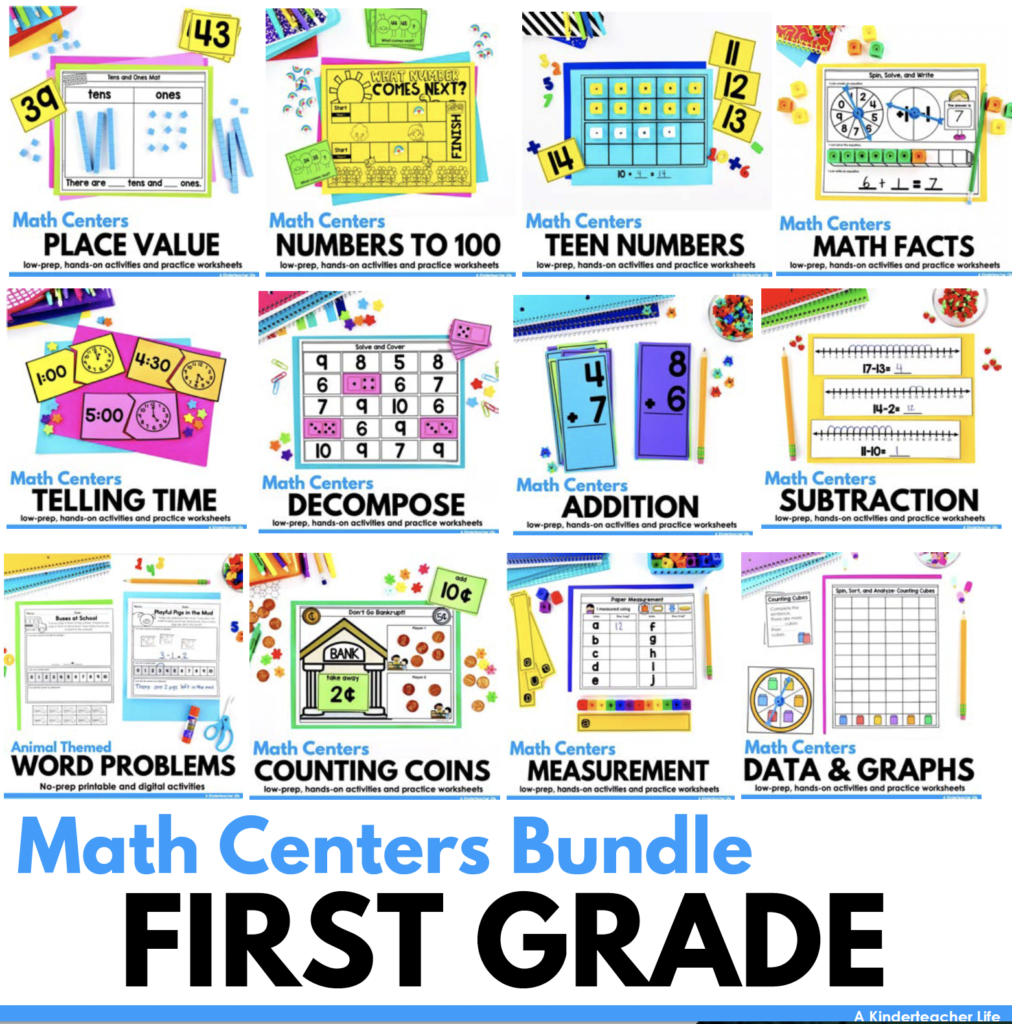
Keep up the great work – you’re making a lasting impact on their learning journey!
Happy teaching,
Tee

